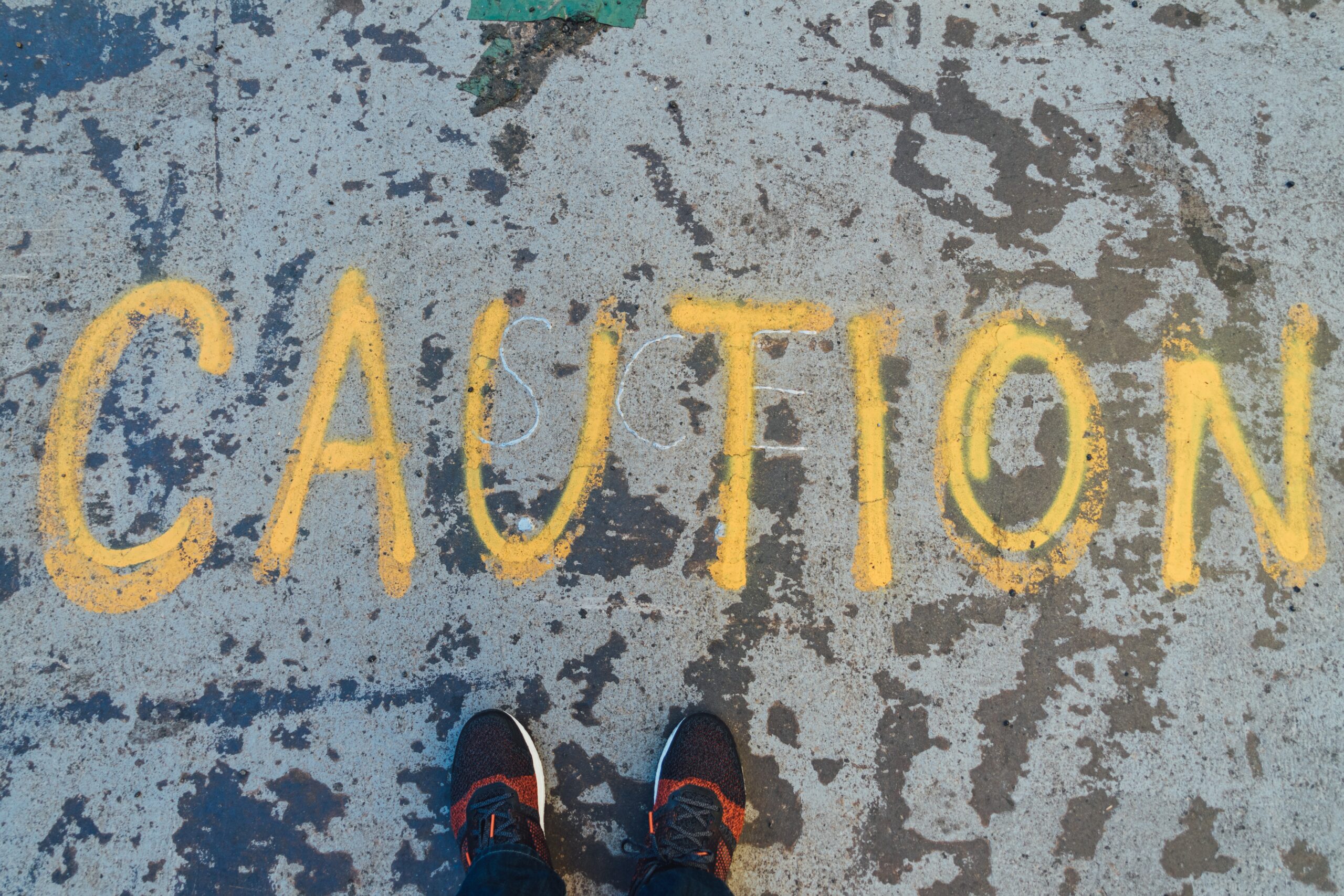As a creative entrepreneur, you pride yourself on your ability to wear many hats and tackle a variety of tasks in your business. It’s tempting to think you can handle everything on your own — including the process of trademarking your work. But I want to spotlight some of the reasons why DIY trademark applications are not the best approach for creative professionals.
The trademark process appears deceptively simple at first glance, but it is crucial to understand the complexities and potential pitfalls that can creep up when attempting to navigate this process without professional guidance. Attorneys specializing in trademark law have spent years studying the thousands of pages of rules and regulations that govern this area of intellectual property. They possess a deep understanding of the rules, and also invaluable experience in handling trademark applications.
And always remember: The ultimate goal is not just to obtain a federal trademark certificate, but to secure the strongest possible mark that can grow in value over time. This requires careful consideration of how the mark is used, as well as expert management of the registration process.
In this article, we will explore the top three areas where DIY trademark applications often fall short. This discussion is especially timely, as it addresses a common issue faced by many artists and creative entrepreneurs in today’s marketplace.
3 Crucial Reasons to Avoid DIY Trademark Applications
Inaccurate or Incomplete Coverage of Products and Services
If you DIY your trademark application, it could lead to inaccurate or incomplete coverage of the goods and services you want to protect. For example, if you come to our Creative Genius Law office because you believe someone has infringed on your trademark, one of the first things we will do is ask if you have a federal trademark registration — and then we’ll examine that registration. We’ll also ask questions about how you’re currently using the mark.
Many times, we’ll see cases where an artist has completed the application, but the goods and services they think are protected under that application are not actually covered due to incomplete or overly specific descriptions or listings. These loopholes create vulnerability, making it difficult to defend your trademark if the federal registration doesn’t clearly cover the goods and services you wish to protect.
Risk of Trademark Cancelation
The second reason to steer clear of DIY trademark applications is the risk of cancellation. Trademarks can be canceled within the first five years of registration for a number of reasons, including fraud and improper approval. An ironclad registration supported by your actual use of the trademark is crucial to avoid cancellation.
Even after five years, trademarks can still be canceled under specific circumstances, typically involving fraud or non-use. By relying on a professional to handle your application, you can minimize the risk of cancellation and protect your brand.
Trademark cancellation often arises when another person or company attempts to register a trademark, but your existing registration blocks their application. This means that you have registered first, giving you priority over the mark and preventing others from registering a similar one.
You don’t want to find yourself in a position where you’ve invested time and resources in your brand, developed your business, and built up brand equity, only to face the sudden cancellation of your trademark. To avoid this, it’s crucial to ensure your trademark registration is solid from the outset.
If you find out that you’re using a trademark that is being blocked by someone else, an experienced trademark attorney can carefully examine the blocking application and registration to determine if it should have been approved in the first place or if there’s a valid reason to cancel it. But keep in mind that you want to do this research sooner rather than later.
Handling Complex Office Actions
The third reason not to attempt a DIY trademark application is the likelihood of receiving an office action. Nearly every trademark application receives an office action of some kind, and they can range from simple requests for additional information to more complex and challenging issues.
Most trademarks are abandoned at this stage because those who filed their applications without professional assistance become intimidated or overwhelmed by the process. By hiring an attorney from the beginning, you ensure someone experienced will work with you to resolve any office actions that may arise.
Engaging an attorney after the fact can be more expensive and time-consuming, as the attorney will need to familiarize themselves with your file, correct any initial mistakes, and help resolve outstanding issues — or potentially even start over, depending on your situation.
Experienced Business Owners, This Applies to You Too
Even if you’re an experienced business owner who has been through the trademark process before — perhaps even with the help of an attorney — this advice against the DIY approach still holds true. As a creative professional, you’re constantly launching new initiatives, campaigns, products, services, and other ventures, each of which may require its own unique trademark considerations.
The first and most critical step of the trademark process is the clearance process, which is best handled by an attorney. As an experienced business owner, the stakes are even higher for you than for brand-new entrepreneurs. It’s essential to ensure that the process is as smooth and accurate as possible, without the need for costly and time-consuming revisions or retractions.
Avoiding do-it-yourself trademark applications is not just about protecting your initial investment in your brand — it’s also about ensuring the ongoing strength and success of your business as you evolve and grow. By entrusting the trademark process to a skilled professional, you can avoid potential pitfalls and protect your hard-earned brand.
Remember, the goal is not just to obtain a federal trademark certificate, but to secure the strongest possible mark that can grow in value over time. This requires a thorough understanding of the trademark process and its complexities, as well as expert management of the registration process.
The risks of DIY trademark applications apply to new and experienced business owners alike, and the benefits of professional guidance only become more critical as your business expands and your brand gains value.
Safeguard Your Creative Legacy with Expert Trademark Assistance
So artists, please do me a solid: If you hire an attorney for anything, hire one for your trademark application process. Please don’t attempt to go it alone. DIY trademark applications may appear to save you money, but they often lead to costly mistakes and vulnerabilities in the long run. By seeking professional help from the outset, you’ll maximize your chances of securing a strong, ironclad trademark registration that protects your business and builds value over time.
At Creative Genius Law, we understand the unique challenges and opportunities that creative entrepreneurs face, and we’re here to help you navigate the complexities of the trademark process. Take the first step towards securing your brand’s future by filling out our intake form to set up a call with our team.

